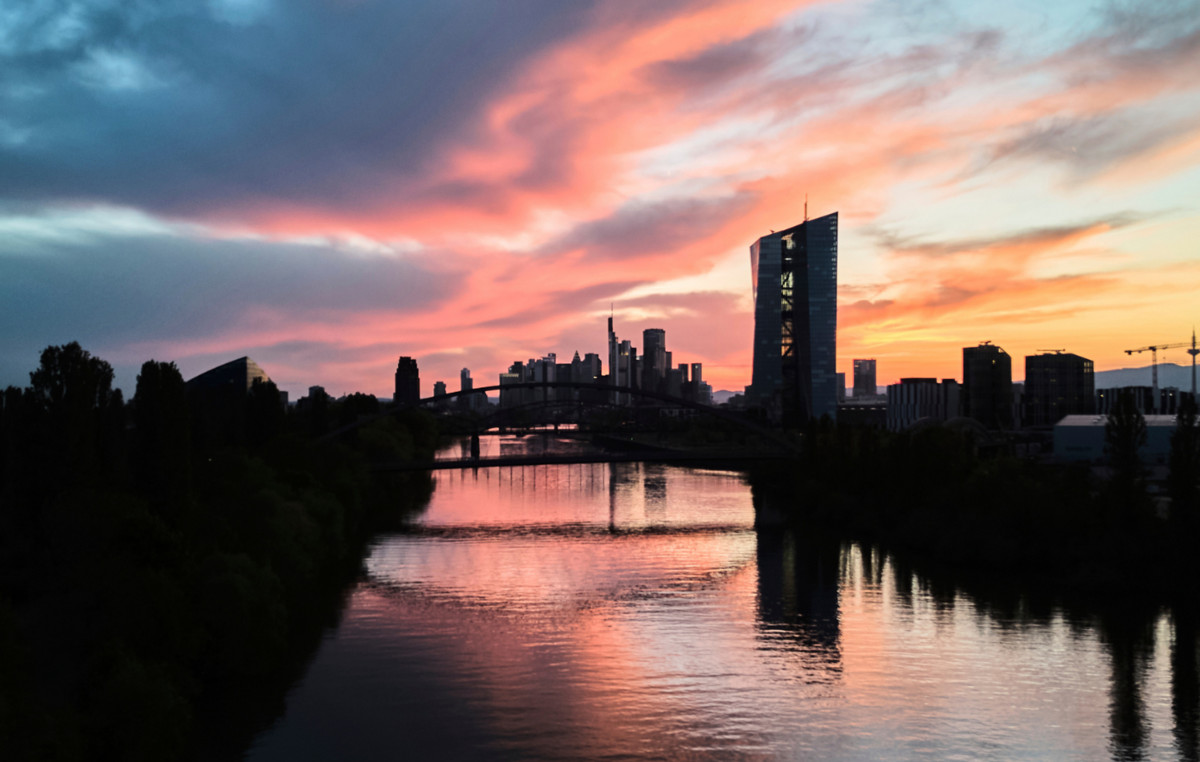Venturing through Milan's cobblestone streets in search of a late-night ice cream is an intrinsic part of Italian culture for many of the city's residents. It's also a draw for the millions of tourists who visit Italy's fashion capital every year.
But a new law could put an end to this long tradition. Marco Granelli, the city's deputy mayor for security, recently announced plans to ban the sale of food and drink after midnight to preserve the “tranquility” of 12 of the city's busiest neighborhoods.
“Our objective is to seek a balance between sociability and entertainment and the peace and health of residents”, Grenelli published on social media. He added: “We believe in a living city, where young and old have spaces they can share together.”
The ban, which officials say is necessary to combat excessive noise in residential areas, would also prevent establishments from serving food and drink outdoors between half past midnight until 6 a.m. on weekdays and 1:30 a.m. until 6am on weekends.
Critics say the ban goes against Italian culture and are calling for the law to be changed. If approved, the lockdown will come into effect as early as next month and last until November, after this year's tourist season ends.
Milan's ice cream parlors are known for being some of the best in the world. Italians passionately debate which ice cream parlor is the best in town, according to Luca Finardi, general manager of the city's Mandarin Oriental hotel.
“Each of us has those we love most,” he says. Brera, the city's artistic district, and Garibaldi, well known for its luxury stores, are among the 12 districts expected to be impacted by the new rules.
Other districts include Nolo, Lazzaretto, Melzo, Isola, Sarpi, Cesariano, Arco della Pace, Corso Como-Gae Aulenti, Ticinese and Darsena-Navigli.
Fined for buying pizza
For some, the project is a step too far. Marco Barbieri, general secretary of the Milan branch of the Italian retailers' association, Confcommercio, told CNN that the ban goes “against common sense.”
“If an Italian family goes out for pizza and wants to go for a walk afterwards and get ice cream, they will be fined under this ordinance,” he says.
Barbieri understands that some residents are being disturbed by noise, but adds that there is room for compromises, such as keeping parks and other spaces open for longer.
“Milan has many areas that are perfect for the 'Movida' (party) that won't bother residents, they need to be opened later, not closed earlier,” he says.
Barbieri also thinks that midnight is too early for sales to be stopped. He says most young people in Milan don't even think about going out to dinner before 10pm, especially in the heat of summer.
The new proposal will probably be approved, Barbieri believes, but he hopes this will be modified. “We hope they remove ice cream, water and pizza from the list. Leave the alcohol ban, but do it later,” he says.
Changing the law is not guaranteed, however. Similar plans were discussed by local authorities in 2013, but had to be scrapped after significant public backlash and the formation of a protest movement dubbed “Occupy Gelato.”
It is unclear whether the same level of opposition will be seen this time. Residents have until next week to submit their ideas on the new proposal before the fate of the ice cream is decided forever.
Source: CNN Brasil
Bruce Belcher is a seasoned author with over 5 years of experience in world news. He writes for online news websites and provides in-depth analysis on the world stock market. Bruce is known for his insightful perspectives and commitment to keeping the public informed.







